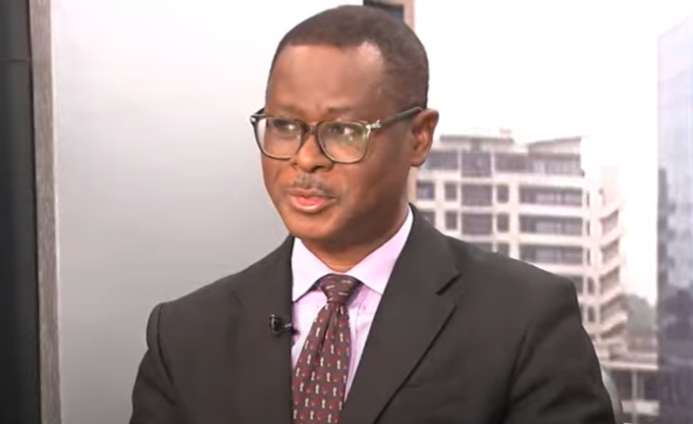Private legal practitioner Martin Nwosu has advised lawyers to encourage clients who are seeking justice to use Alternative Dispute Resolution (ADR), especially in amenable cases.
Alternative dispute resolution, or external dispute resolution, typically denotes a wide range of dispute resolution processes and techniques that parties can use to settle disputes, with the help of a third party.
This form of dispute resolution does not encourage the use of litigation or trial in resolving conflicts.
Speaking on The Law on JoyNews, Mr Nwosu explained that it takes three to six months for people to appear before a court after filing a case.
However, an ADR process can take days to solve these cases without interested parties going through rigorous court procedures.
“We are inviting lawyers whom parties would consult to now do some due diligence. The parties would say ‘lawyer take this case to court I am sick and tired I want to punish the other party’.”
“But it is up to the lawyer to tell the client these days it is not every matter that should go to court. ‘If I should take this matter to court after some time the court will tell me to go to mediation, so why don't we look for some of these private mediators’.”
He explained that in many cases parties can easily resolve their issues if they are able to sit together, talk and sort through their differences to arrive at a conclusion.
“The resolution (in ADR) is effective, binding and can be executed through a court process, if the case is amenable please don't go spend time going through the due process only for the court after six months to refer you.”
Mr. Nwosu also noted that whereas there are several forms of alternative dispute resolution, the easiest to access is customary arbitration.
In customary arbitration, he explained that, parties involved in the dispute only need to select a customary arbitrator to mediate their dispute negotiations.
This person is often one both parties revere and has confidence in his or her judgement, for instance, an Abusuapayin.
“If you look at the law, it makes it very very easy for parties in dispute to appoint a customary arbitrator. In fact, the simple qualification for a customary arbitrator is the person agreed to by the two disputants to help resolve their problem,” Mr. Nwosu said.
“You don’t need a degree in law; you don’t need to be a mediator, once the parties have some confidence in you that you can help them that’s it,” he added.
The private legal practitioner stressed that the resolution reached through customary arbitration is binding by law and can be enforced by a court.
Latest Stories
-
NSMQ star Jochebed Adwoa Sutherland sweeps 12 awards at UG Vice-Chancellor’s Ceremony
8 mins -
Ghana’s Education Quality ranked 125 out of 183 countries in latest Global Youth Development Index
33 mins -
Emma Stone wants people to use her real first name
37 mins -
FIFA Club World Cup 2025: Sundowns, Esperance join Al Ahly and Wydad as CAF representatives
4 hours -
CAFCL: Al Ahly set up historic final with ES Tunis
5 hours -
We didn’t sneak out 10 BVDs; they were auctioned as obsolete equipment – EC
9 hours -
King Charles to resume public duties after progress in cancer treatment
9 hours -
Arda Guler scores on first start in La Liga as Madrid beat Real Sociedad
9 hours -
Fatawu Issahaku’s Leicester City secures Premier League promotion after Leeds defeat
10 hours -
Anticipation builds as Junior Speller hosts nationwide auditions
10 hours -
Etse Sikanku: The driver’s mate conundrum
11 hours -
IMF Deputy Chief worried large chunk of Eurobonds is used to service debt
11 hours -
Otumfuo Osei Tutu II celebrates 25 years of peaceful rule on golden stool
11 hours -
We have enough funds to pay accruing benefits; we’ve never missed pension payments since 1991 – SSNIT
11 hours -
Let’s embrace shared vision and propel National Banking College – First Deputy Governor
12 hours

